IAEA governors unlikely to issue anti-Iran resolution: Iran nuclear chief
Iran’s nuclear chief has said that the International Atomic Energy Agency (IAEA) Board of Governors is unlikely to issue another resolution against the Islamic Republic.
Speaking on the sidelines of a cabinet meeting in Tehran on Wednesday, Mohammad Eslami, head of the Atomic Energy Organization of Iran (AEOI), said the IAEA Board of Governors meeting in Vienna on September 11-15 may see political moves against Iran but the agency will not adopt any anti-Iran resolutions.
“Any political move may be made by any group at any moment,” he told reporters, adding, however, “the current trend does not indicate a push towards a resolution or actions, which would coerce Iran into taking strong and decisive legal reactions.”
The remarks came after the European Union claimed that Iran has not taken necessary steps to return to its commitments under the 2015 US-abandoned nuclear agreement and that no progress has been made in implementing the March joint statement between Tehran and the IAEA.
Eslami said that it is not possible for the European countries to renege on their own obligations under the nuclear deal, known as the Joint Comprehensive Plan of Action (JCPOA), but expect Iran to fully honor its commitments.
“Our measures are in line with the Strategic Action Plan to Counter Sanctions,” he asserted, referring to the law, which was approved by the Iranian parliament in December 2020 in a bid to counter illegal sanctions imposed on Iran by the United States and its Western allies after US unilateral withdrawal from the nuclear deal in 2018.
The legislation required the Iranian administration to restrict the IAEA inspections and accelerate the development of the country’s nuclear program beyond the limits set under the JCPOA.
Eslami said, “As long as they (the Europeans) fail to fulfill their obligations and sanctions are not completely removed, it is natural that we will continue the same trend, something that is also evident in the agency’s report.”
He also noted that Iran has been cooperating with the IAEA “patiently” and “transparently” in the face of the enemies that have fabricated a case against Iran and leveled accusations at the country.
Iran and the IAEA are in a dispute triggered by the agency’s Israeli-influenced accusations, which were leveled against Tehran’s peaceful nuclear activities. The IAEA insisted on investigating what it claims to be “uranium traces” found at “undeclared nuclear sites” in Iran.
“The four issues related to the safeguards agreement have been reduced to two. We are still holding talks (with the IAEA). Necessary clarifications have been made and we have submitted many documents to the agency,” he emphasized.
According to a report in late May, during technical negotiations between Iran and the UN nuclear watchdog, the case of one of the alleged “undetected” sites raised by the agency (known as Abadeh) has been closed.
This brings the number of cases concerning the alleged “undetected” sites claimed by the IAEA to two, the report said, adding that IAEA’s claims about uranium particles with 83.7 purity found at the undeclared nuclear sites in Iran have also been settled.
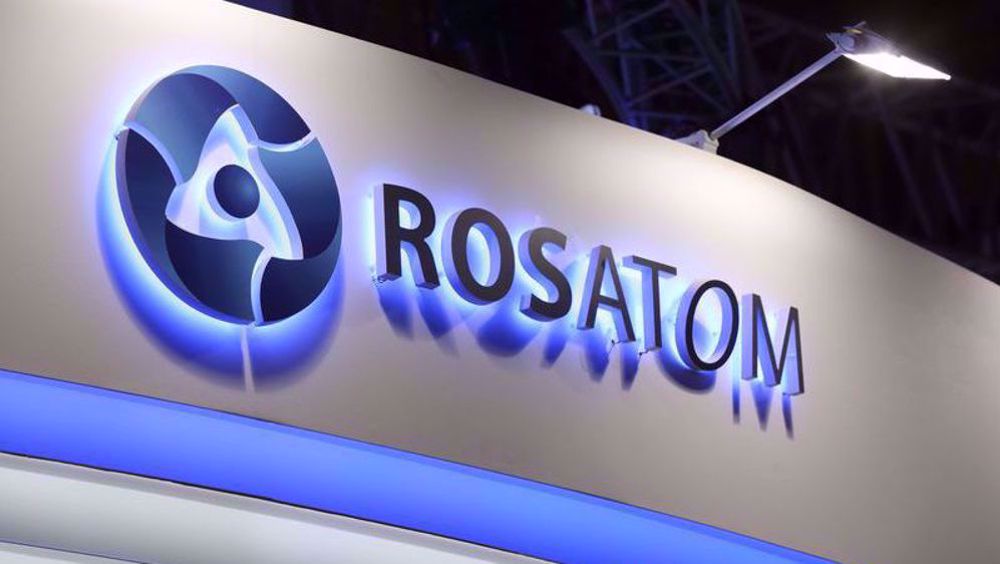
Russia’s Rosatom in ‘large-scale’ talks with Iran to build another power plant: CEO
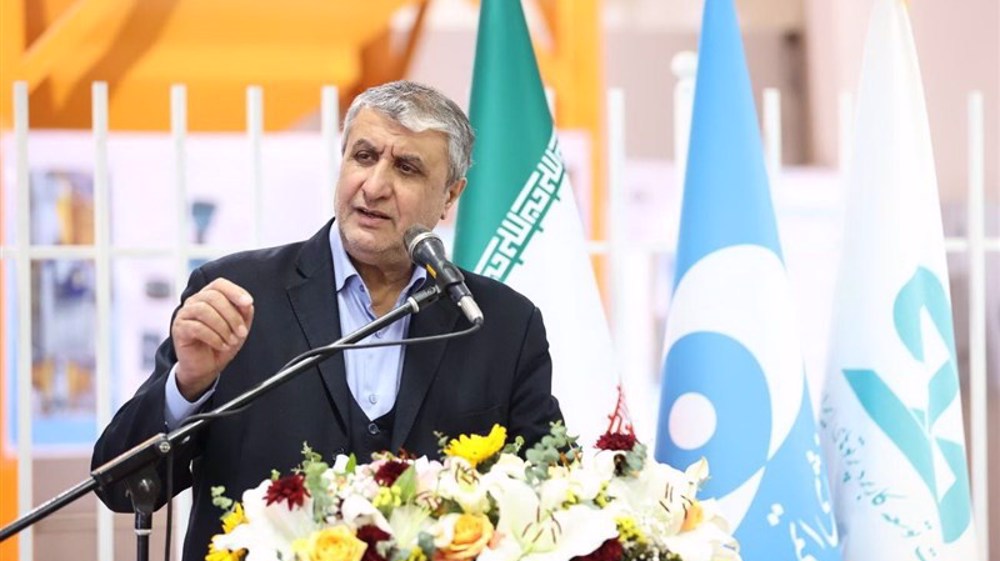
Official: Iran mastering construction of nuclear power plants
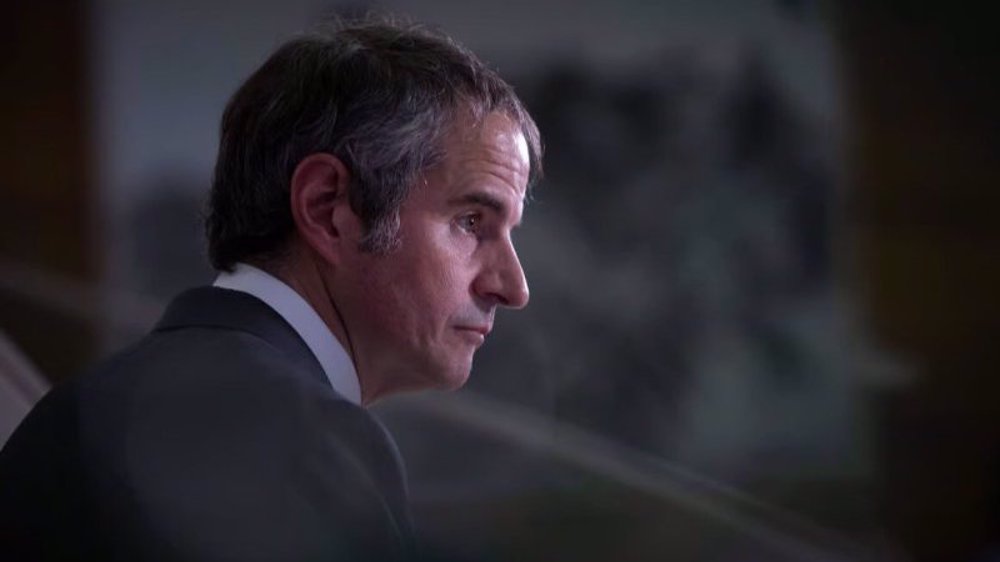
Iran raps Grossi's 'political' remarks serving pretext to pressure Tehran
Iran bans exports of some crops amid soaring domestic prices
VIDEO | Gazans striving to survive with bare hands
'Shocking attack on free expression': Canadian politician slams arrest of pro-Palestine activist
West Bank Palestinians fear Gaza style destruction as Israel escalates raids
Hamas: Ibrahimi Mosque massacre testament to Israel’s criminal policy
Trump eyes Ukrainian rare earth minerals in exchange for military support to Kiev
Six Gaza children, including newborn girl, die of cold weather as Israel blocks aid
Iran rules out nuclear talks with US amid ‘maximum pressure’ campaign


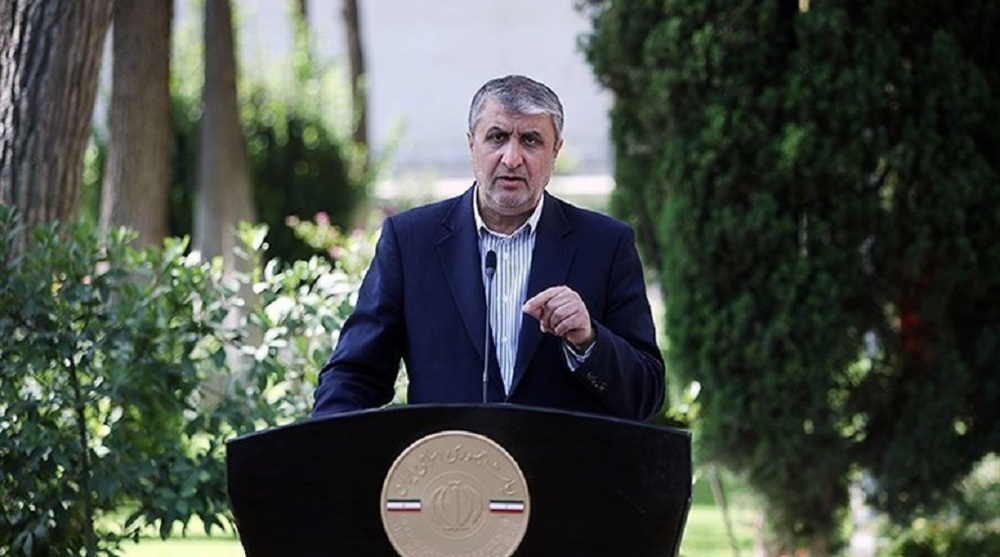
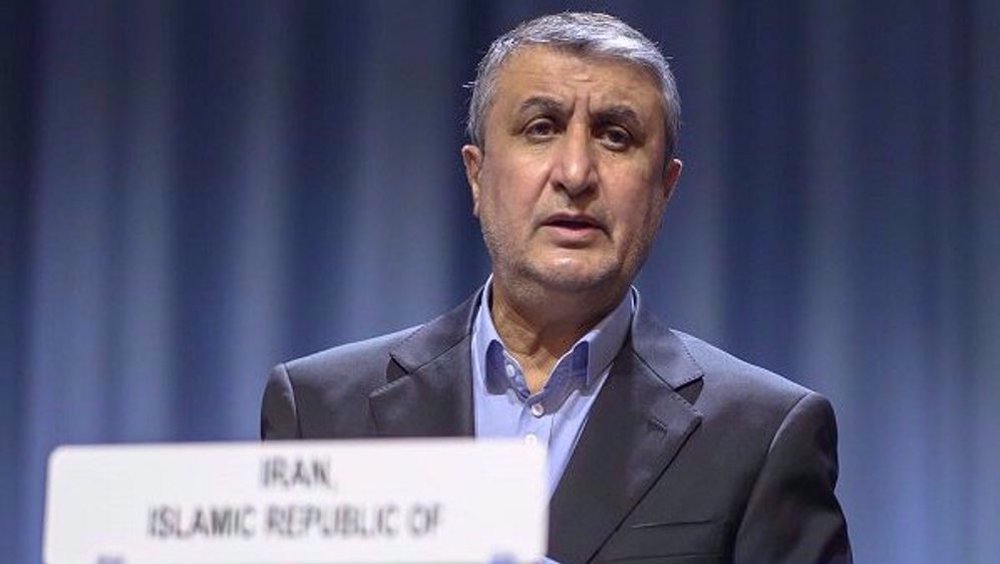



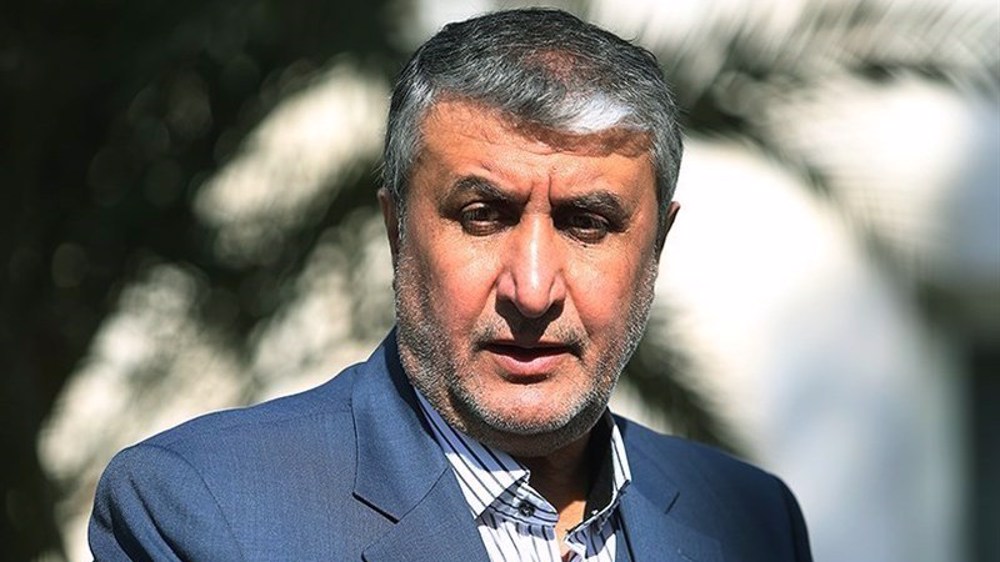
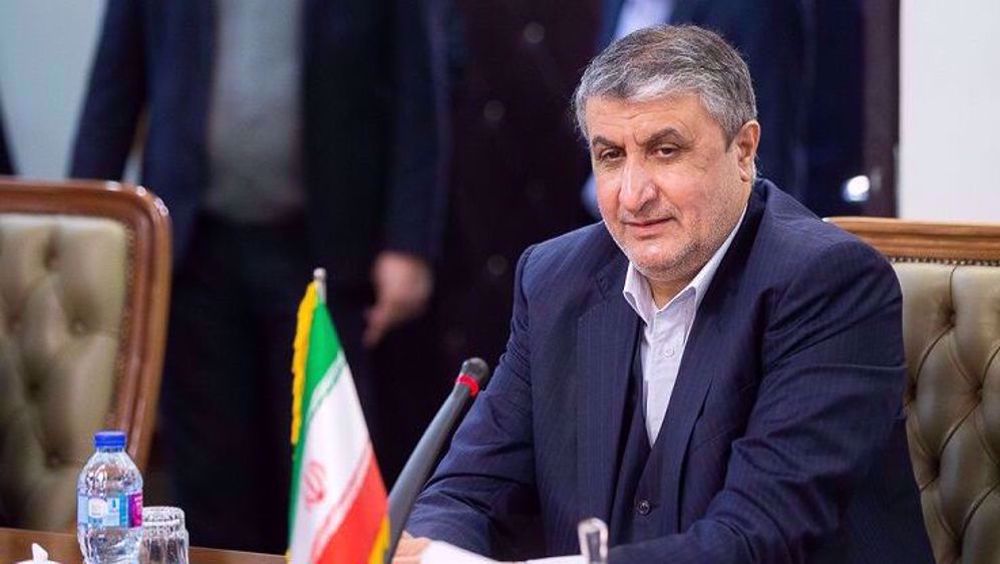
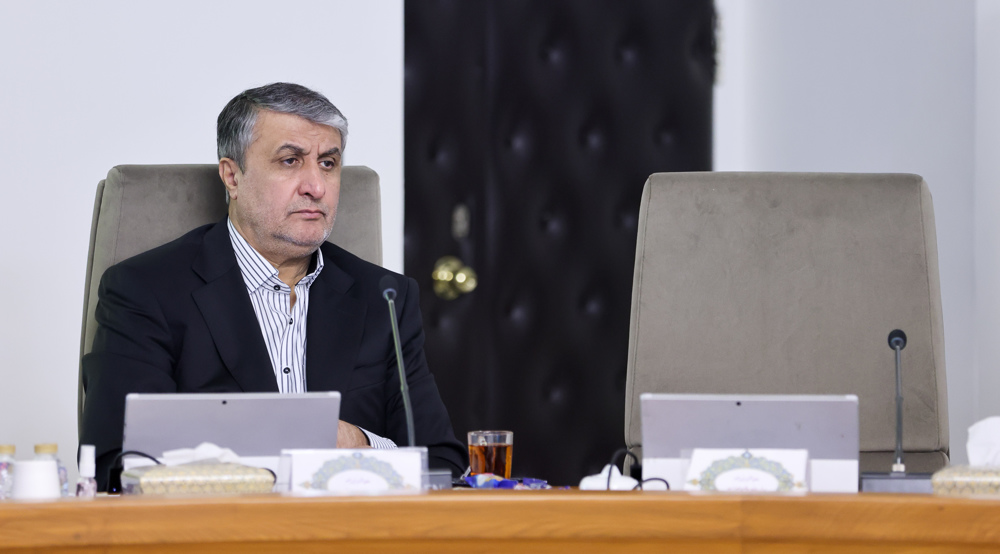
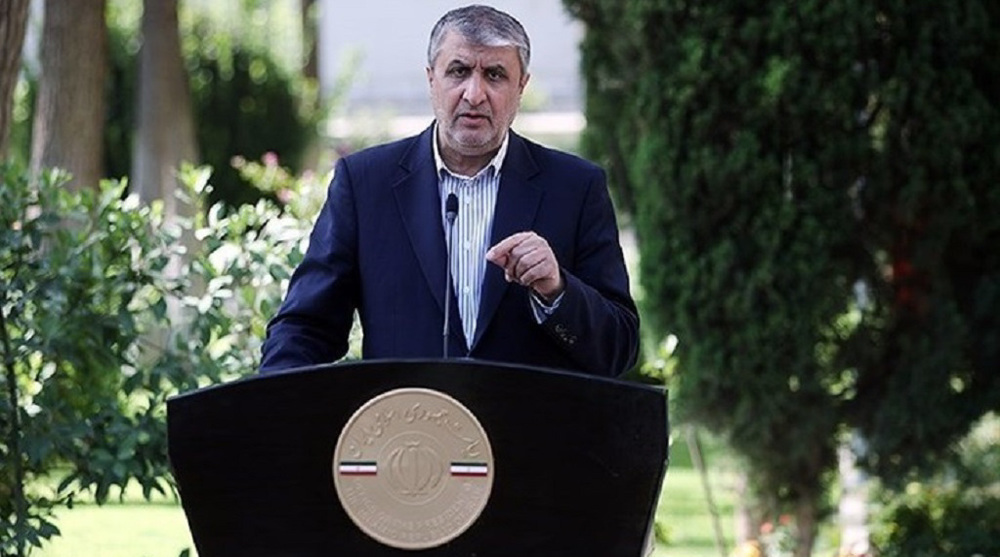
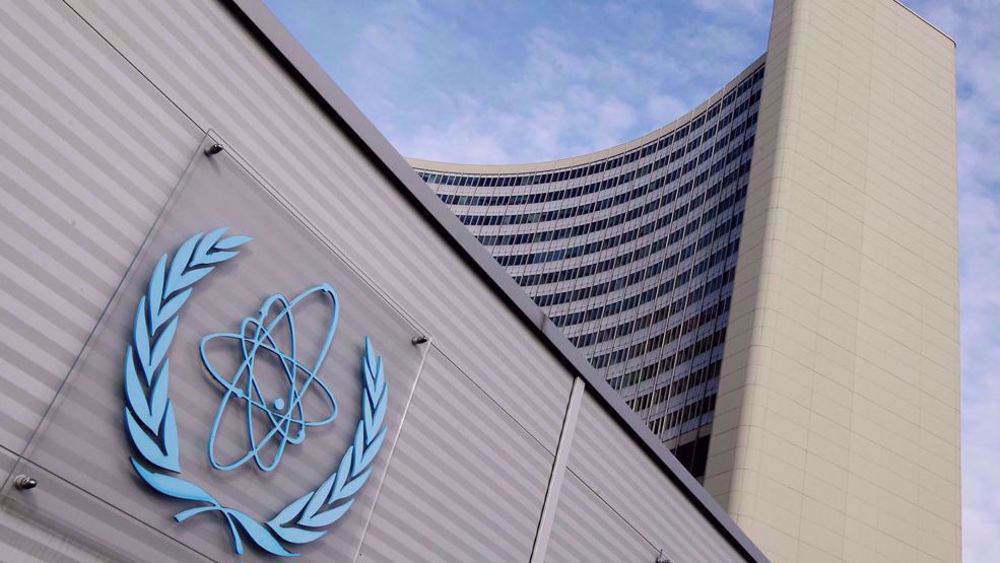

 This makes it easy to access the Press TV website
This makes it easy to access the Press TV website